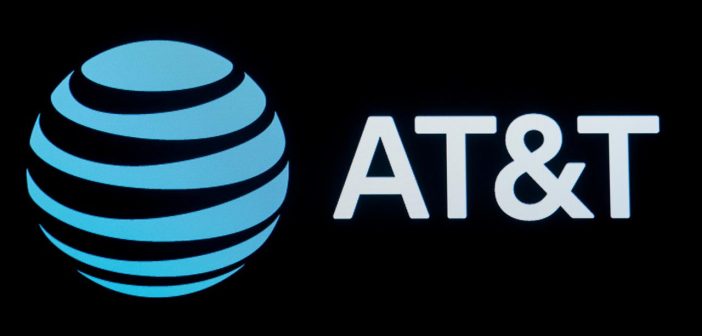IT Desk: AT&T’s booming wireless business wasn’t enough to shield the telecom giant turned media conglomerate from bad news in the first quarter due to the coronavirus. The company said the impact of the pandemic added costs and caused advertising revenue for its media business to dry up during the quarter, resulting in lower revenue than expected.
The company said it earned $4.61 billion, or 63 cents a share, in the first quarter, which is down from $4.86 billion, or 56 cents, during the same quarter a year ago. Revenue dropped 4.8% to $42.78 billion.
AT&T is the first telecom giant to report earnings in the age of COVID-19. While the wireless and broadband industries are relatively good businesses to be in during this pandemic, Hollywood and the entertainment business have suffered as movie productions have been shut down and live events like sports have been canceled, resulting in less advertising revenue. AT&T is different from its telecom rivals, since over the past few years it’s expanded its business to include movie studios and theme parks as well as video distribution properties through its acquisition of Time Warner.
On Wednesday, AT&T reported that its earnings fell $430 million, or 5 cents a share, due to the coronavirus. It saw a $600 million decline in revenue because of lower equipment sales and hits to advertising sales, due largely to the postponement of sporting events such as the March Madness college basketball tournament. It also lost revenue as its WarnerMedia business shut down production of movies and shows. The company also said its costs rose during the quarter. Specifically, it saw incremental costs in the quarter associated with bad debt reserves as it anticipated customers being unable to pay their bills. In addition, AT&T said, it incurred costs as it took “voluntary corporate actions” to protect and compensate front-line employees and contractors.
Still, the company’s traditional telecom services did well during the quarter. AT&T added 163,000 new monthly phone subscribers. Analysts had been expecting the company to add about 90,000 new subscribers. These additions came as the company was forced to shut down roughly 40% of its retail store operations.
The company continued to lose TV subscribers, including subscribers of its DirecTV satellite service, reporting a loss of 897,000 customers. Sales in its WarnerMedia group, which includes cable channels like CNN, TBS and HBO, dropped 12% to $7.4 billion due to losses in advertising revenue.




